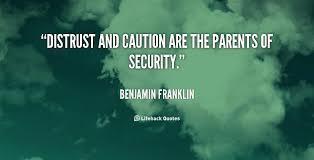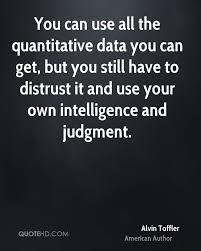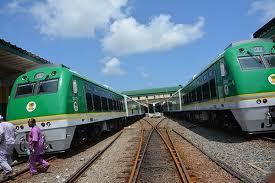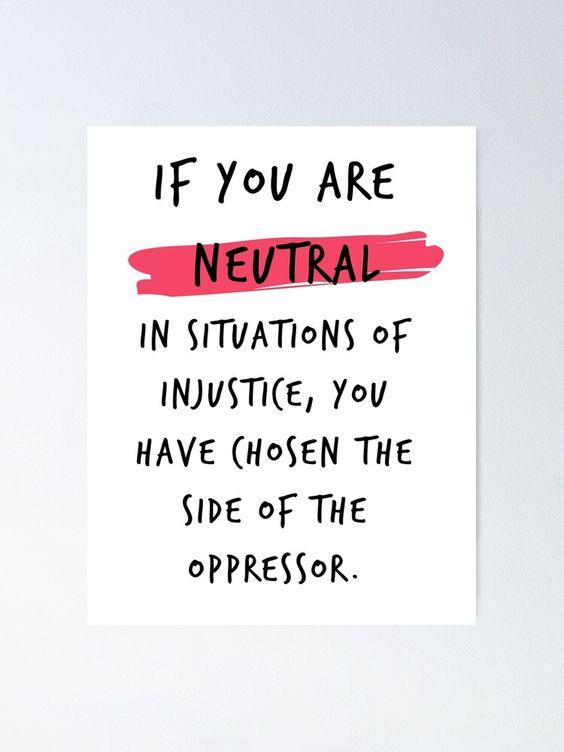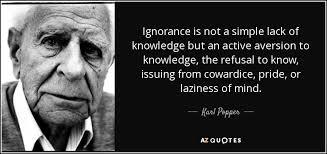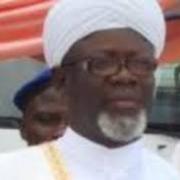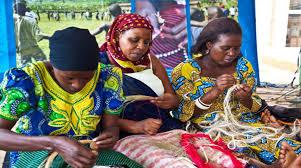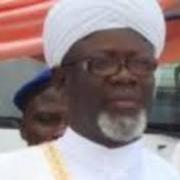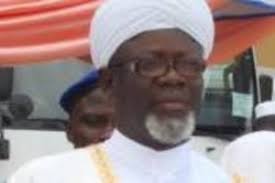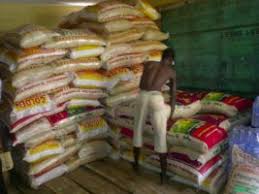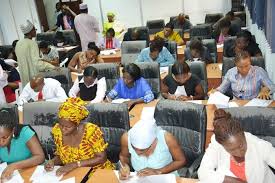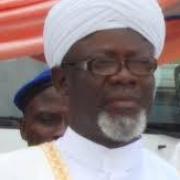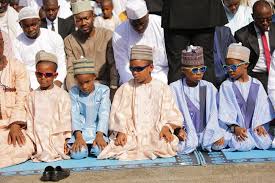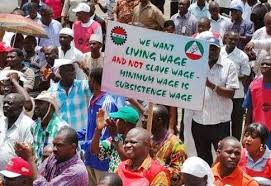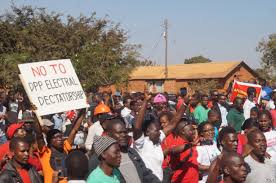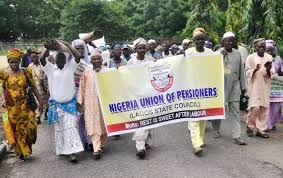For every prophecy is limit of time (for its manifestation), and soon shall ye know it.(Q.6 vs 67). For assuredly, I say to you, till heaven and earth pass away, one jot or one little will by no means pass from the law(prophecy) till all is fulfilled(Mathew 5 vs 18).
SHAFAUDEEN 2020 PREDICTION FOR NIGERIA SYSTEM REGULATION FOR PROACTIVE MEASURES TO BE TAKEN TO AVOID UNPLEASANTNESS.
A. The Executive summary of incidence of probable events :
- There shall be security challenges as usual.
- Some projects shall receive favorable attention for completion.
- The usual spate of decamping shall lead to some politicians falling by the way side.
- Education shall remain relevant and receive some attention despite a lot of challenges against it.
- There shall be need for conscious and tight security need for surveillance and vigilance.
- Height of deceit and persecution in religious houses shall be reported.
- There shall be a clog in the wheel of progress in sporting activities.
- Pray against road accidents involving heavy duty vehicles.
- Climate challenge shall make air travel a cautious one.
- Pray against fire outbreak and unwarranted air attack.
- Trials in the areas of secession bid shall be met with resistance into fruitless efforts in the Year 2020.
B. MONTH BY MONTH ANALYSIS OF PROBABLE EVENTS
January, 2020 :
- This month shall record little impact of government’s efforts.
- Wrangling in the political circle among the politicians shall be recorded.
- Under funding effect shall make the education sector a distressed zone.
- People shall be security conscious.
- There shall be a need to rescue religion from its ridiculous comatose state.
- There shall be conscious efforts to resolve issues in sports.
- Pray and guide against fire outbreak.
February 2020 :
- Favorable month of discoveries and development in politics and education but there shall be the need for security beef up in this month.
- Education shall be revisited for improvement by Government.
- Pray and avoid stray bullets syndrome or sporadic shootings not to be victim of the circumstance.
- This is a favorable month for religion to regain its prominence and relevance.
- Pray against sports management in disarray for things to work.
- Rehabilitation work om some roads shall be effected.
- Pray against air mishap.
- This is a favorable month to douse fire out break.
March, 2020 :
- This is a favorable month for effective planning on physiological needs through agriculture.
- There shall be wranglings among politicians over the sharing of economic booties.
- Education shall receive funding boost from Government.
- Security alertness, consciousness and awareness shall be rife.
- Religious objectives and focus shall slippery in practice.
- Favorable month to resolve conflict and avoid stalemate in sports to have a breakthrough.
- Work on roads may be retarded due to some challenges.
April, 2020 :
- This is a month for economic boost for Nigerians.
- This is a favorable month for political activities and boost for Education and Security.
- Unification and peaceful co-existence efforts for religions shall face purity issue challenge.
- Some sports shall rise in performance while others shall drop into coma.
- Favorable month for free accident wish.
May, 2020 :
- Favorable month to beam a searchlight on fraudsters and corrupt people-freshly fresh issue and old changes.
- Political wranglings shall snowball into whirlwind of problems in some quarters.
- Education shall receive attention to dividend level.
- Favorable month of exposure and divine sanction of criminally minded purported people of God.
- Records of sad news on sporting activities performances.
- Pray against fire outbreak, threat of air mishap and traffic logjam.
June, 2020 :
- This is a favorable month for economic buoyancy but we need to guide against emerging sharp practices and corruption.
- Pray against wastage and sharp practices in politics and governance.
- Pray against reckless destruction of farmlands and property by hoodlums and sudden death of a religious icon.
- Hope shall rise on sports for unrestricted activities.
- Pray against fire outbreak in this month. Be safety conscious and guided.
July, 2020 :
- This is a month of peace but pray against jail break.
- Favorable month for Education, Security and Sports rehabilitation programs but the month shall be harsh on religious sectors.
- Favorable month for free or minimal accident.
August, 2020 :
- Government activities shall have hope of giving worthwhile dividend.
- Pray against Government project collapse.
- Education sector shall receive attention for improvement.
- Pot holes in religious zones shall be visited to restore sanity on roads, water and air to be accident free shall be noticed.
- This is a clearing period of debris of past fire out break.
September, 2020 :
- This is a favorable month for reconstruction exercises and a dousing period for political imbroglio.
- Pray to avoid clashes among security agencies. Note, far reaching implications for this.
- Waning glamour of religion shall be experienced.
- Avoid shattered hope in sports.
- Pray against occult plan for road accident and hgih rise building fire out break.
October, 2020 :
- Favorable month to harvest dividend of Democracy and realize economic buoyancy for the nation.
- Pray against clashes between two political giants and their followers.
- Pray against ploy in the education sector to avoid sabotage.
- Pray against infighting in the house of Islam.
- Favorable month for the houses of sports to be revisited for conflict resolution.
- Conscious efforts shall be rife to make an accident free month.
November, 2020 :
- Favorable month for economic dividend of Government activities and Democracy.
- Pray against fire outbreak and unwarranted discord in the political circle.
- Favorable month for the improvement in education, security and sanity restoration into religion.
- Avoid sabotage in sports and its administration.
- Favorable month for reconstruction and rehabilitation work in the Houses of God.
- Pray and avoid fear on the road in relation to kidnappers’ rampage and fire out break occasioned by heavy duty vehicles, oil tankers inclusive.
December, 2020
- Finishing touches to projects completion shall be rife.
- Some political parties shall become mere remnants.
- Leakages in the Education and Security sectors shall be acknowledged to be fraud free.
- Fake security threats shall be recorded. Exposed fraudsters in religion shall face sanctions and embarrassment.
- Pray against fatal road accidents.
CONCLUSION
Re branding for proper socialization and correct cultural and ethical value orientation for promotion of integrity and discipline for all, must be in place, to allow divine intervention to revamp our economy, promote health and stable polity as well as principle of equity.
Good governance is a function of Godly leadership, therefore, the essence of this revelation is for the political class to imbibe the culture of tolerance, focus on the issue of the importance of welfare.
The religious sector must therefore imbibe the spirit of religious harmony to promote peace and be more dedicated to the service of God to save the Nation through their prayers, while all Nigerians must uphold discipline, love and culture of patriotism to move the nation forward. With all these, we may avoid a stalemate in our Democracy.
— — — — — — — — — — — — — — — — — — — — -
Rasool, Shafau, Imtizaala Mohammed(SAW)
Alhaji Engr. Prof. S.A Olagoke, JP, Ph.D FNSE, FNATE, FNIM,FAES
Founder, Spiritual Head and Grand Imam Shafaudeen In Islam Worldwide

 Success is a measuring parameter to assess the impact of the expended energy against the backdrop of the expected outcome. Success as a tool could be likened to virtue which could be applied to sharpening any object into the desired form.
Success is a measuring parameter to assess the impact of the expended energy against the backdrop of the expected outcome. Success as a tool could be likened to virtue which could be applied to sharpening any object into the desired form.

 When one accepts a faith, it is for one to be submitted to the will of his or her creator for the purpose of destiny realization.
When one accepts a faith, it is for one to be submitted to the will of his or her creator for the purpose of destiny realization.
 Strangely, poverty alleviation and reduction seem not to be on the priority list of the state actors at all levels of government.
Strangely, poverty alleviation and reduction seem not to be on the priority list of the state actors at all levels of government.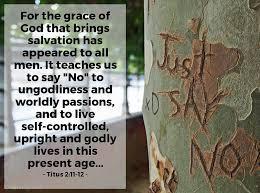 Let us grow in the grace and knowledge of the word of God.
Let us grow in the grace and knowledge of the word of God. Donate
Donate
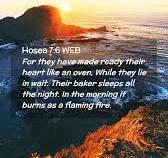
.jpg)
.jpg)

.jpg)
.jpg)
.jpg)
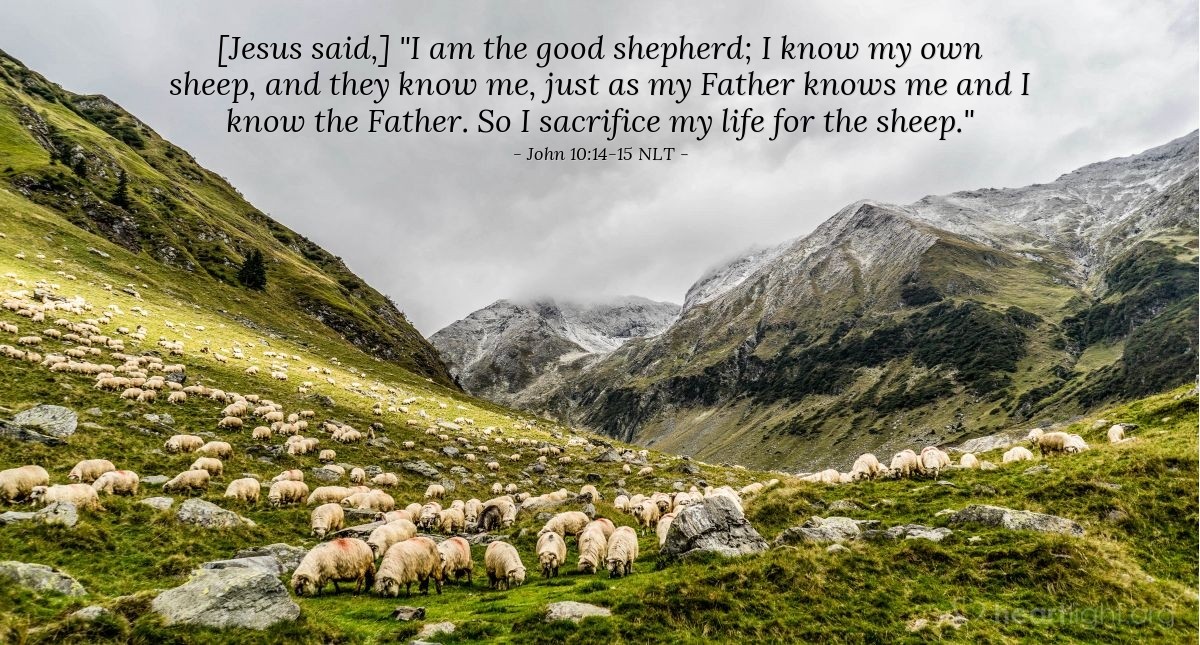
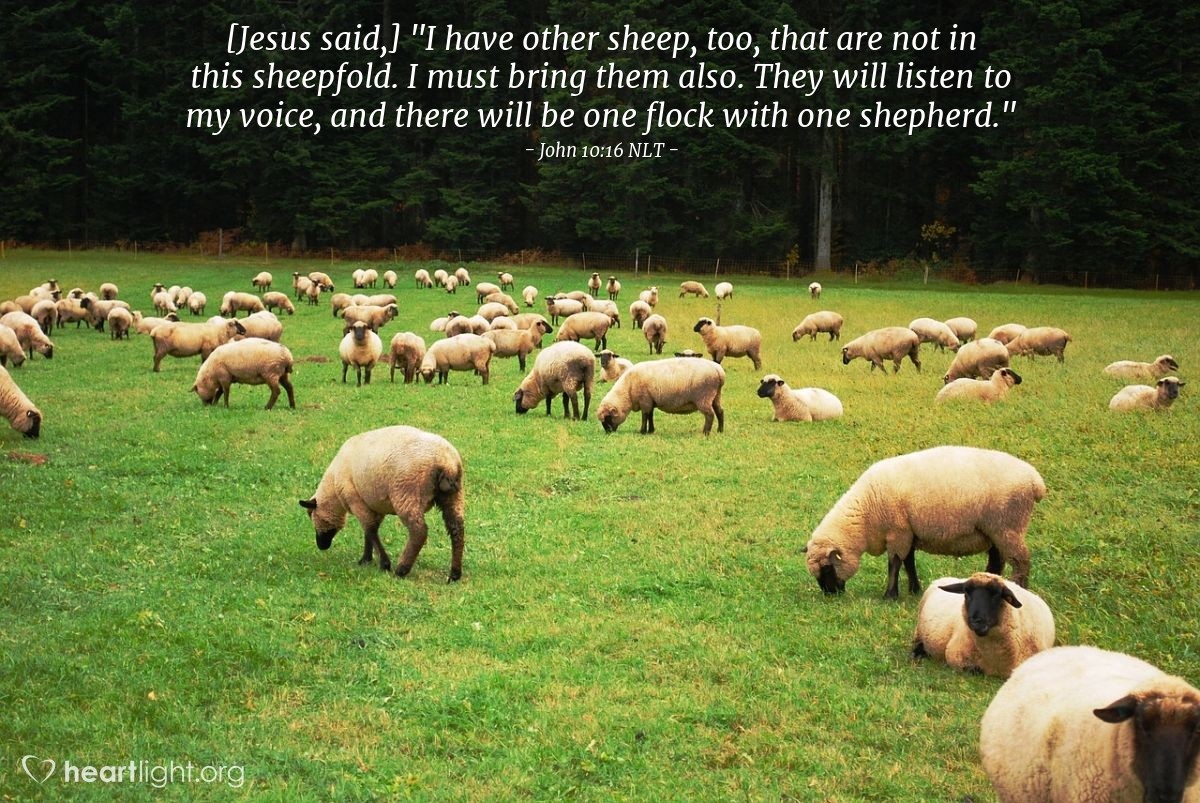
 The vision is redemption for the wayward in the whole community
The vision is redemption for the wayward in the whole community through public care and leadership.
through public care and leadership.


 Chief D.A Adewumi (1924-1994)
Chief D.A Adewumi (1924-1994)
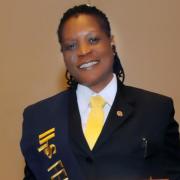 As primary and secondary schools in Nigeria prepare to resume for the third term, the Chief Executive Officer of KEAABS Oil and Gas Limited, Port-Harcourt, Rivers state, Mrs. Hannah Adefunke Mujakperuo, a master’s degree holder and doctoral student, in this interview, advised the government at all levels to do all that is necessary for girls to accomplish.
As primary and secondary schools in Nigeria prepare to resume for the third term, the Chief Executive Officer of KEAABS Oil and Gas Limited, Port-Harcourt, Rivers state, Mrs. Hannah Adefunke Mujakperuo, a master’s degree holder and doctoral student, in this interview, advised the government at all levels to do all that is necessary for girls to accomplish. Those-in-Charge continue to react violently to visible threats to their continued adventure in public office.
Those-in-Charge continue to react violently to visible threats to their continued adventure in public office. The socio-political and economic situation in Nigeria has brought several lessons to the fore in governance. Young Nigerians have now taken to crime to make ends meet. In this interview, the Chief Executive Officer(C.E.O) of Tanimowo Foundation, Dr. Tanimowo Pelumi advises young Nigerians to learn a vocation alongside education.
The socio-political and economic situation in Nigeria has brought several lessons to the fore in governance. Young Nigerians have now taken to crime to make ends meet. In this interview, the Chief Executive Officer(C.E.O) of Tanimowo Foundation, Dr. Tanimowo Pelumi advises young Nigerians to learn a vocation alongside education. 

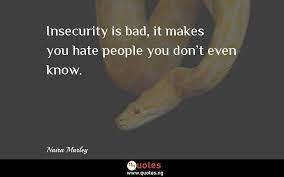

 We should acknowledge the need for God's presence in our lives by choosing to obey God's Word and continually depend on Him.
We should acknowledge the need for God's presence in our lives by choosing to obey God's Word and continually depend on Him.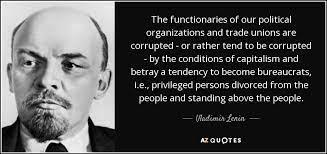 Let God be your guide in all you do, so that you will not be led astray.
Let God be your guide in all you do, so that you will not be led astray. 
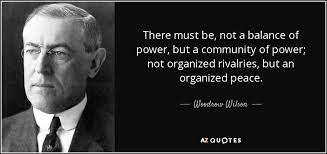
 Watch out for those who rely on deceit for survival, they are everywhere.
Watch out for those who rely on deceit for survival, they are everywhere. 

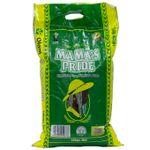
 The word of God has tremendous power to change the direction of the lives of millions of people. Be consistent in praying and sharing the gospel with others. God's word saves.
The word of God has tremendous power to change the direction of the lives of millions of people. Be consistent in praying and sharing the gospel with others. God's word saves.
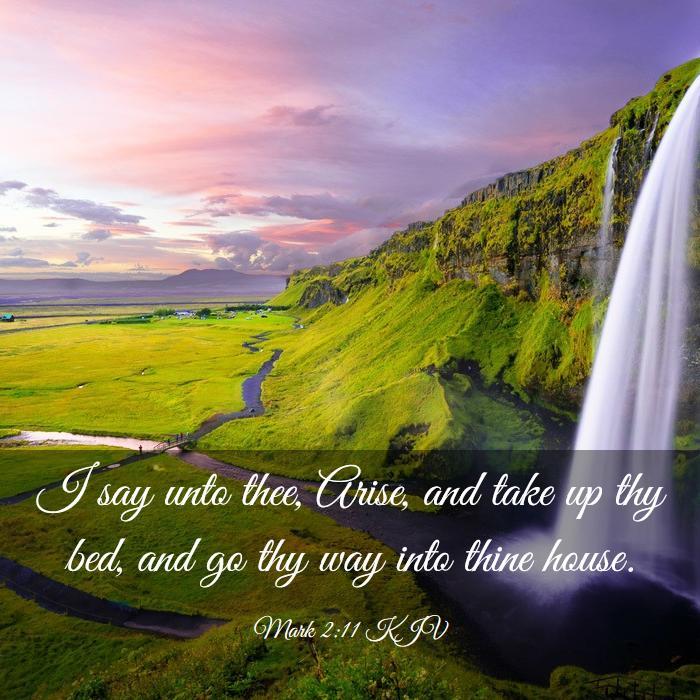

 Parents and guradians should care for their children and wards.
Parents and guradians should care for their children and wards.  Get started with a venture by taking a few right decisions and consolidating on some learning.
Get started with a venture by taking a few right decisions and consolidating on some learning.
 Let us endeavor to have a good understanding of all that has been said, before we react-to avoid committing sin. ways.
Let us endeavor to have a good understanding of all that has been said, before we react-to avoid committing sin. ways.  Our savior always caters for our needs in all situations. We should also cater for needs of others because the Lord cares for us.
Our savior always caters for our needs in all situations. We should also cater for needs of others because the Lord cares for us.  Be very familiar with the word of God and also, go further to put it practice for you to receive the abundant blessings and protection of God.
Be very familiar with the word of God and also, go further to put it practice for you to receive the abundant blessings and protection of God. In this age of evil characterized by unbelievable and condmenable circumstances, our faith in God will take us through life.
In this age of evil characterized by unbelievable and condmenable circumstances, our faith in God will take us through life.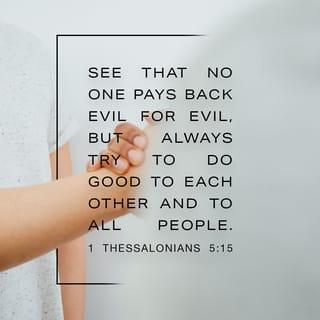 Avoid being led astray to do evil, but always thread the path of good deeds and good will be with you at all times.
Avoid being led astray to do evil, but always thread the path of good deeds and good will be with you at all times.  Let us cultivate the habit of goiving thanks to God in every situation. Learning the lesson of gratitude reduces the negative effects of our expriences in all situation.
Let us cultivate the habit of goiving thanks to God in every situation. Learning the lesson of gratitude reduces the negative effects of our expriences in all situation.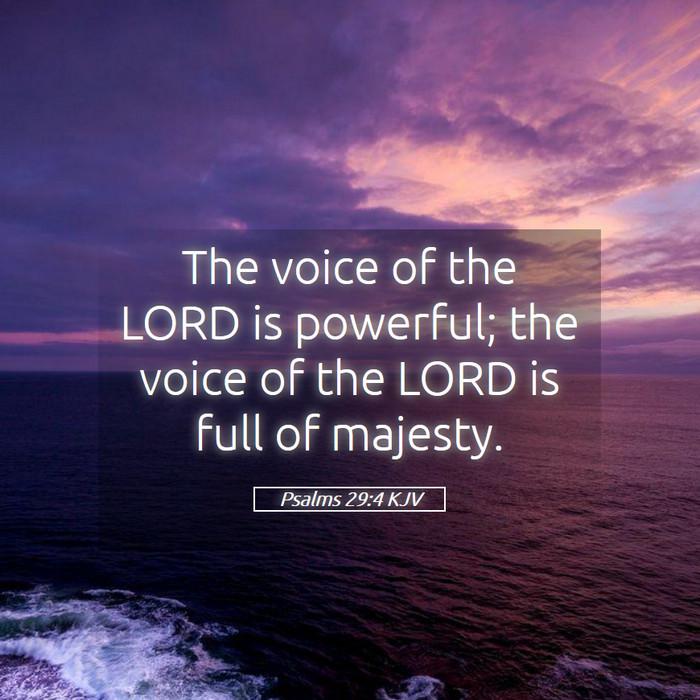 When we listen carefully with the ears of faith, God reveals His presence in awe inspiring ways that are unmistakable.
When we listen carefully with the ears of faith, God reveals His presence in awe inspiring ways that are unmistakable.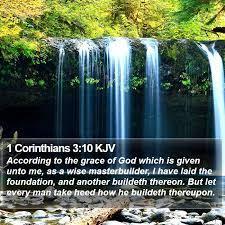 Let us build our lives on Jesus Christ, the solid foundation of good works, obedience and faith, so that our lives will have a lasting value.
Let us build our lives on Jesus Christ, the solid foundation of good works, obedience and faith, so that our lives will have a lasting value. Our God protects us all the time-in the day and in the night.
Our God protects us all the time-in the day and in the night. Let us strive to pleae the Lord and He will condition us to control our physical desires whihc are sin-inclined.
Let us strive to pleae the Lord and He will condition us to control our physical desires whihc are sin-inclined. When people abandon us at times of need, God will never abandon us.
When people abandon us at times of need, God will never abandon us. The funding of education is a major challenge in Nigeria.
The funding of education is a major challenge in Nigeria. Nigerians need to be grateful to God who gave us the opportunity to have a successful election exercise that eventually produced a President Elect against all odds and without fatalities.
Nigerians need to be grateful to God who gave us the opportunity to have a successful election exercise that eventually produced a President Elect against all odds and without fatalities. God our creator knows our thoughts,difficulities and needs. Let us rely on HIM in all situations.
God our creator knows our thoughts,difficulities and needs. Let us rely on HIM in all situations.  The Oyo state council of the Nigeria Labor Congress has declared that some of its members decided to feature prominently in the second term campaign of the state Governor as a show of appreciation for meeting their demands.
The Oyo state council of the Nigeria Labor Congress has declared that some of its members decided to feature prominently in the second term campaign of the state Governor as a show of appreciation for meeting their demands.  God always speaks to us through His Word, through the apostles and other faithful servants of old. Deuteronomy 30 : 1-20
God always speaks to us through His Word, through the apostles and other faithful servants of old. Deuteronomy 30 : 1-20  When confronted with difficult and hard times, stiff challenges and major disappointments, identify and hold on to those who offer encouragement and hope, if at all, they are brothers, sisters or friends.
When confronted with difficult and hard times, stiff challenges and major disappointments, identify and hold on to those who offer encouragement and hope, if at all, they are brothers, sisters or friends.  Seek the mercy, grace nd wisdom of God to achieve your spiritual potential and triumph in all spheres of human endeavor.
Seek the mercy, grace nd wisdom of God to achieve your spiritual potential and triumph in all spheres of human endeavor.  He will change you, once you submit to Him today
He will change you, once you submit to Him today When enemies are very many on your path, God will assist you to demobilize them.
When enemies are very many on your path, God will assist you to demobilize them. 

 Presently, all over the world, the debate is on the relevant status of religion in the present era of moral decadence. It is surprising to see the defectiveness of the rule of law or sharia in the developed world as it is measurable through a high degree of orderliness and productivity. It is equally surprising to note that religion is never a dominant factor in these countries. Objective observers from Islamic perspectives submit that in this context, Islam by the scripture is at work in the developed world with low or no number of Muslim population, but in countries where religion dominates to determine the politics, economic and social affairs of the people; Muslims dominate without Islamic tenets via the stand of the scripture portending no Islam. People erroneously conclude that religion has failed humanity, whereas it is mankind that treats religion with impunity to the detriment of the expected benefits of offering just worship. The common factor for the lapses is falsehood in place of truth. If we are to go by the dictates of the Holy Quran 2 : 42-44, ''Cover no Truth with falsehood, nor conceal the Truth when ye know what it is. And be steadfast in prayer, give zakaat and bow down in worship. Do ye enjoy right conduct in the people, and forget to practise it yourselves, and yet ye study scripture? Do ye not understand?''
Presently, all over the world, the debate is on the relevant status of religion in the present era of moral decadence. It is surprising to see the defectiveness of the rule of law or sharia in the developed world as it is measurable through a high degree of orderliness and productivity. It is equally surprising to note that religion is never a dominant factor in these countries. Objective observers from Islamic perspectives submit that in this context, Islam by the scripture is at work in the developed world with low or no number of Muslim population, but in countries where religion dominates to determine the politics, economic and social affairs of the people; Muslims dominate without Islamic tenets via the stand of the scripture portending no Islam. People erroneously conclude that religion has failed humanity, whereas it is mankind that treats religion with impunity to the detriment of the expected benefits of offering just worship. The common factor for the lapses is falsehood in place of truth. If we are to go by the dictates of the Holy Quran 2 : 42-44, ''Cover no Truth with falsehood, nor conceal the Truth when ye know what it is. And be steadfast in prayer, give zakaat and bow down in worship. Do ye enjoy right conduct in the people, and forget to practise it yourselves, and yet ye study scripture? Do ye not understand?''
 Meeting together with other believers, ensures that we honor the Lord, grow in our faith, and give a strong witness to the world.
Meeting together with other believers, ensures that we honor the Lord, grow in our faith, and give a strong witness to the world.  Unfortunately for Nigeria's basic education, there is a dearth of facility to drive Technical Education for our students to be technically sound to meet up with the challenges of technology advancement that drives the present ady knowledge economy.
Unfortunately for Nigeria's basic education, there is a dearth of facility to drive Technical Education for our students to be technically sound to meet up with the challenges of technology advancement that drives the present ady knowledge economy. Organization and professional ethics are important elements of governance or corporate governance.
Organization and professional ethics are important elements of governance or corporate governance. The government and every proprietor must invest heavily in the functional education of our children despite the current trend of development that dwells on global competitiveness and global best practices through such orientation, which will give learners and graduates of every school a wider view of the world where peace and development will dominate a purposeful educational goal.
The government and every proprietor must invest heavily in the functional education of our children despite the current trend of development that dwells on global competitiveness and global best practices through such orientation, which will give learners and graduates of every school a wider view of the world where peace and development will dominate a purposeful educational goal. The antidote to all forms of insecurity is a functional democracy run through high regards for fairness, justice and equity.
The antidote to all forms of insecurity is a functional democracy run through high regards for fairness, justice and equity.
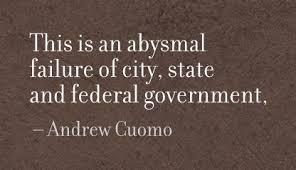 Christians in Nigeria have been called upon to use the Easter celebration to ceaselessly pray to God to ned the killings, ritual killings, and other violent crimes across Nigeria.
Christians in Nigeria have been called upon to use the Easter celebration to ceaselessly pray to God to ned the killings, ritual killings, and other violent crimes across Nigeria. Saturday, April 9th
Saturday, April 9th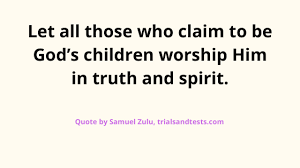
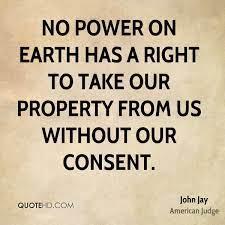

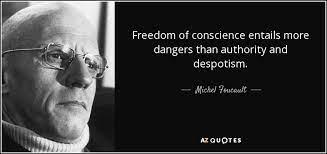


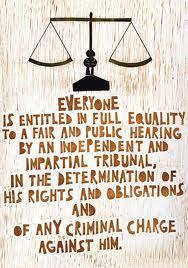
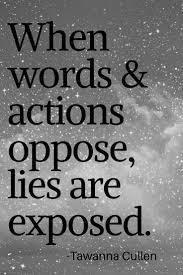
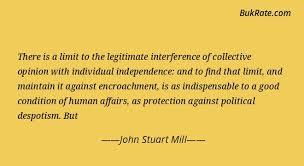
 Knowledge is either acquired or imbued by the endowment. Knowledge about things is fundamental to human growth and development and it has to do with the need for safety and security consciousness with growth.
Knowledge is either acquired or imbued by the endowment. Knowledge about things is fundamental to human growth and development and it has to do with the need for safety and security consciousness with growth.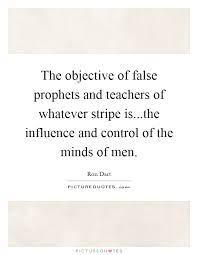





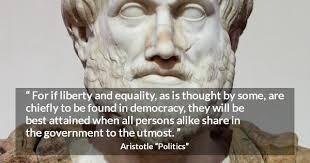
 For over a long period of time the Landlords and Tenants Association, community leaders, criminally-minded residents, some unscrupulous officers, and rank and file of the Police have ensured that various categories of criminals in Molusi, Solanke, Oyegbami, Olorunsogo, Molete, Oshodi, Scout camp, Aluko, Felele straight and Rab, among several other communities in Oyo state perpetrate crime with impunity.
For over a long period of time the Landlords and Tenants Association, community leaders, criminally-minded residents, some unscrupulous officers, and rank and file of the Police have ensured that various categories of criminals in Molusi, Solanke, Oyegbami, Olorunsogo, Molete, Oshodi, Scout camp, Aluko, Felele straight and Rab, among several other communities in Oyo state perpetrate crime with impunity.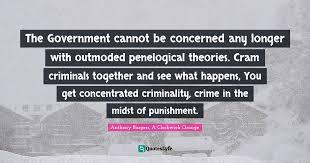 The discussion on the lip of every Nigerian, presently, is the embarrassing absence of the visible impact of the government at all levels on their lives.
The discussion on the lip of every Nigerian, presently, is the embarrassing absence of the visible impact of the government at all levels on their lives.

 Wednesday 28th April
Wednesday 28th April
 Anger is an inborn quality that is easily expressed through reflections over matters when alone or as an outburst of reactions to people's actions considered not acceptable to one's system of perspective.
Anger is an inborn quality that is easily expressed through reflections over matters when alone or as an outburst of reactions to people's actions considered not acceptable to one's system of perspective.

 Contentment achieved through extrinsic perspective has to do with human activities in acquiring wealth to meet up with the needs in the areas of economic, environment and the kind of people that surrounds one from friends and family perspective, whose character and general attitudinal disposition aligns with one's concept of how life should be.
Contentment achieved through extrinsic perspective has to do with human activities in acquiring wealth to meet up with the needs in the areas of economic, environment and the kind of people that surrounds one from friends and family perspective, whose character and general attitudinal disposition aligns with one's concept of how life should be.
 By the nature of our creation as mankind, we will continue to live by the sense of want using the yardstick of human physiological needs for his or her wellness.
By the nature of our creation as mankind, we will continue to live by the sense of want using the yardstick of human physiological needs for his or her wellness. The declaration of the Nigeria Immigration Service(NIS) relating to armed men within Nigeria is not only misleading but also devoid of visible professionalism.
The declaration of the Nigeria Immigration Service(NIS) relating to armed men within Nigeria is not only misleading but also devoid of visible professionalism. The difference between human and animal kingdoms has a divided line of unguarded freedom and organized interpersonal relationships in the area of mating the two kingdoms have consideration for stages of development, minor stage considered as the immatured and upper cadre of puberty considered as the matured stage.
The difference between human and animal kingdoms has a divided line of unguarded freedom and organized interpersonal relationships in the area of mating the two kingdoms have consideration for stages of development, minor stage considered as the immatured and upper cadre of puberty considered as the matured stage.